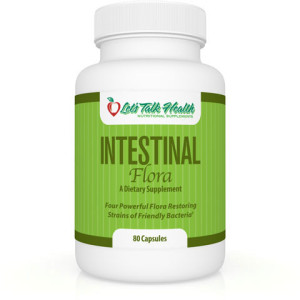 Greek yogurt has been all over the media lately, but how does it vary from the regular variety? A slight alteration in the manufacturing process makes all the difference in the nutrition between them and is why Greek yogurt earns the “power food” label.
Greek yogurt has been all over the media lately, but how does it vary from the regular variety? A slight alteration in the manufacturing process makes all the difference in the nutrition between them and is why Greek yogurt earns the “power food” label.
Any form of yogurt is a byproduct of fermented milk. When manufacturers make Greek yogurt, however, they strain it to remove the whey, or liquid portion, of the milk. This is what gives the Greek yogurt a thicker consistency than the regular variety. As a result, the strained yogurt is lower in sodium and carbs, but slightly higher in both calories and protein. We wanted a closer look, so we ran to the store and grabbed a single serving of nonfat greek and nonfat regular yogurt to compare.
Greek yogurt seems to be the winner if you’re looking for weight loss, but keep in mind of the fat content in greek yogurt. When shopping, make sure you are buying nonfat. In just one 7 oz. serving of Fage’s full-fat greek yogurt, you’re getting 16 grams of saturated fat, which is 80% of your recommended daily value. When looking at regular full-fat yogurt, an 8 oz. serving typically yields only 5 grams of saturated fat. Saturated fat raises total and LDL cholesterol levels, which can increase your risk for heart disease.
What About Kefir?
You might call Kefir the forgotten yogurt. Kefir is similar to either regular or Greek yogurt because it is also involves fermented milk. It has all the same nutrients and yeast that you find in common yogurt but also contains kefir grains, a type culture of yeasts and bacteria that grows together. Combined, the organisms create a matrix of proteins, lipids and sugars that resembles cauliflower.

One thing all three forms of yogurt have in common is probiotic, sometimes called gut or friendly, bacteria. The human intestinesuse these bacteria to help digest food. Eating any variety of yogurt exposes you to live cultures that benefit the digestive system.
What if you are lactose intolerant? Yogurt is not the only way to introduce more healthy bacteria into your system. Our oral supplement Intestinal Flora offers a number of friendly bacteria that help process vitamins B-1, B-2, B-6, B-12, niacin, folic acid and pantothenic acid and improve overall digestion without the salt, sugar and calories that come with yogurt. This is a great option for those individuals who are lactose intolerant or who don’t care for the taste of yogurt in any variety.


